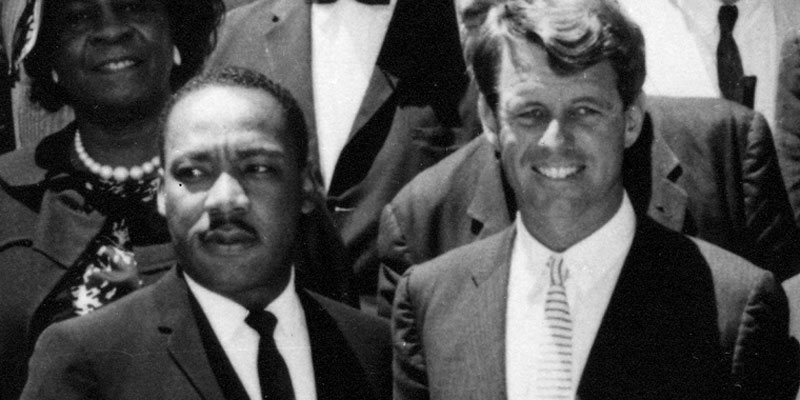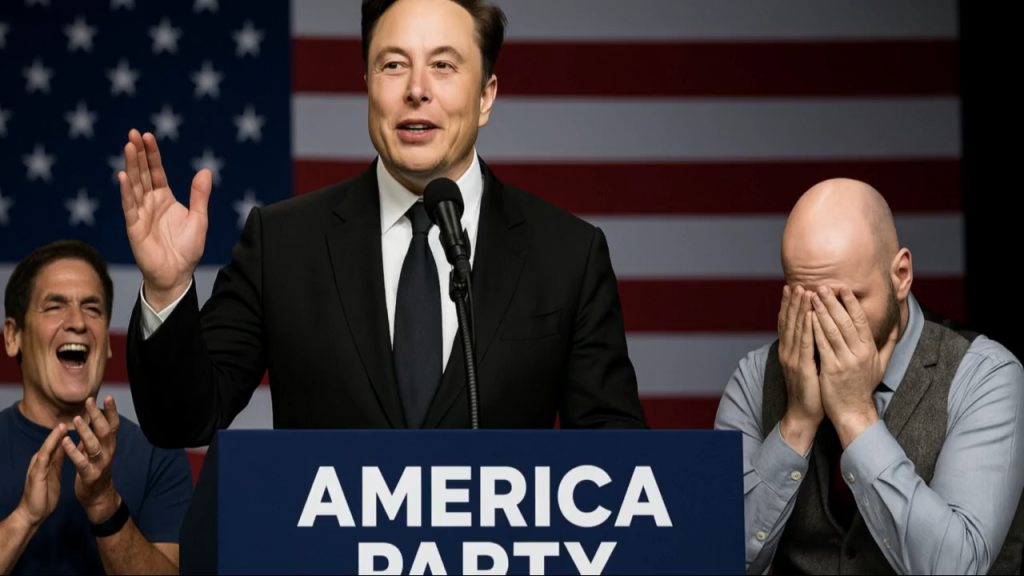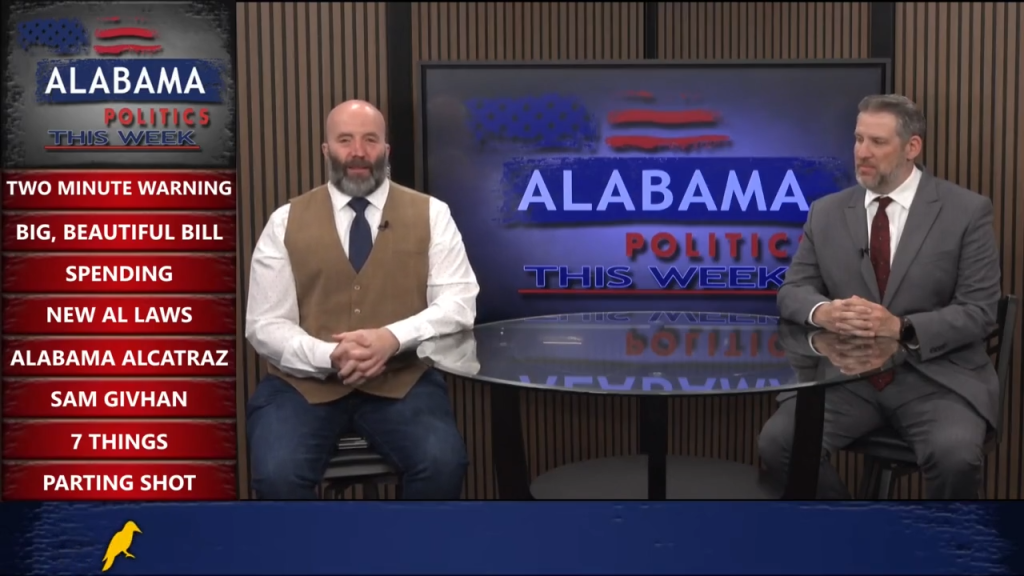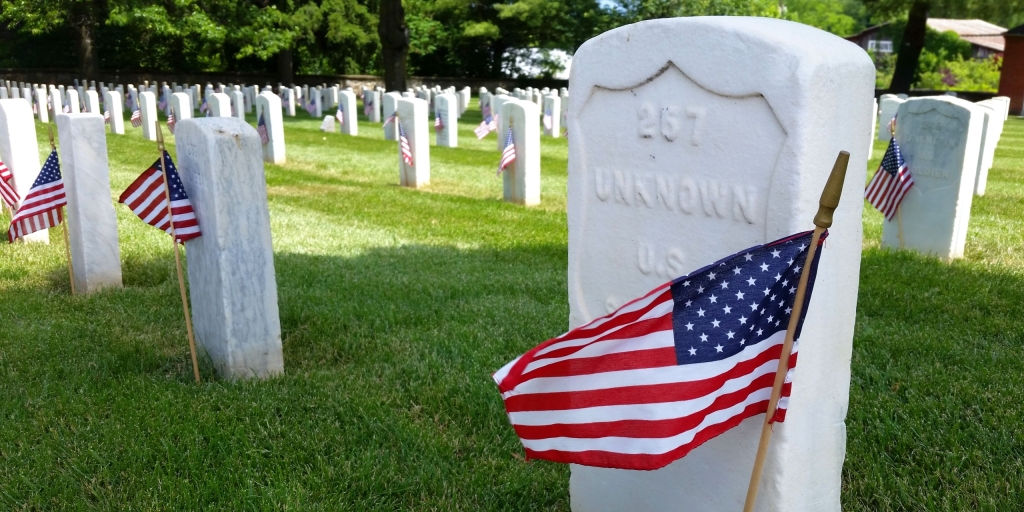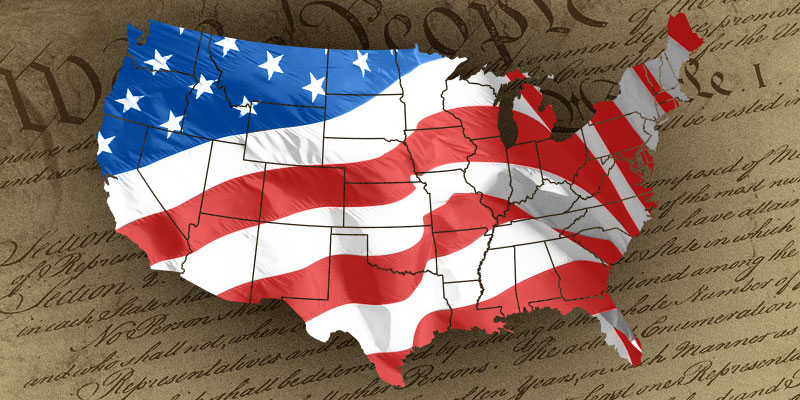Listen to the 10 min audio
Read the transcript:
WHAT DO WE SAY ABOUT RFK AND THE ‘60s FIFTY YEARS LATER?
TOM LAMPRECHT: Harry, Tuesday, we were talking about pop culture. We mentioned that it was 50 years ago that the Broadway musical, “Hair,” hit the stage. It was known not only for its music, but it also introduced live nudity to Broadway.
Another event from 50 years ago that we’re remembering this month is that it was 50 years ago last week that Robert F. Kennedy, who was 42 at the time, stepped off a dais in the ballroom of the Ambassador Hotel in Los Angeles after declaring victory in California’s presidential primary. Moments later, he walked through the kitchen to greet the hotel’s busboys and dishwashers and a lone gunman assassinated the New York senator. Harry, looking back 50 years, your thoughts?
DR. REEDER: You not only have this shot across the bow in the promotion and acceptance of public nudity in the media, but you also had these signal events such as the assassination of Martin Luther King, then Robert Francis Kennedy. He was and is and was increasingly an impact figure carrying the mantle of his brother, the heir apparent to take this to another level.
Robert Francis Kennedy had become known as a crusader against certain aspects of corruption and racism. Many question whether or not his assassination might have been somewhat tied to the crime world and his enmity against Hoffa. He was quite the crusader against communism in that he had aligned himself with the famed — or infamous, however you see it — McCarthy.
Now, as Lyndon Baines Johnson’s popularity waned, he was being challenged in the primary and RFK saw his opportunity. He quickly rose to the forefront and this signal victory in California seemed to be a declaration that our next president was likely going to be Robert Francis Kennedy.
However, walking through the kitchen, there was a predisposed attempt to assassinate him that was successful and it later became known both the individual that did it and his professed rationale. Sirhan Sirhan was captured and confessed.
RFK IS A MAN TO REMEMBER AS WE HOPE FOR NEW LEADERS
Robert Kennedy had been assigned to John F. Kennedy by his father. In other words, when John F. Kennedy was running for president, Robert Francis Kennedy was the campaign manager. And he was the campaign manager not because he had had experience in running campaigns, but because he had a demonstrated ability of loyalty, a crusader mentality and he also became known as “the fixer” in that he could fix problems and situations. Everyone is fully aware of the documented and acknowledged lascivious lifestyle and all of that needed to be “fixed.”
He was also there because he had some sway, not to change his brother’s behavior, but to restrain his brother’s behavior. In other words, he wasn’t as lascivious as he would have been because RFK was a devoted, practicing Roman Catholic, he was a devoted husband to his wife and he loved his brother so, from their affection and his moral sensibilities, he was a restrainer upon John F. Kennedy.
After the campaign and John Kennedy was elected, he became the attorney general. Recently, in the Trump administration, there’s been a lot of talk about Trump’s family getting positions — well, there was something pretty much unheard of that the president would appoint his brother as the attorney general. And, by the way, his brother, while having legal credentials, had never tried a case in a public court of any significance whatsoever and so he was there pretty much by influence and power of the family and appointment of his brother.
That became the base for his own political ambitions. With that track report as attorney general, his election as senator, he was clearly for the presidential nomination when he was tragically assassinated.
PROTESTS SPURRED RACIAL CHANGE
TOM LAMPRECHT: Harry, looking back to 1968, that was a hard year for America. It was a difficult spring that year. Two months prior to Bobby Kennedy’s assassination — almost to the day — Martin Luther King was shot and killed and that was followed by a number of very intense riots in major cities all across the country.
DR. REEDER: By the way, smaller cities, Tom, you reside in Greenville, North Carolina, which, that year, I resided in Greenville, North Carolina. I remember, as a student at East Carolina at the time, the riots that were breaking out in Greenville.
As you look back on that era, here’s a group of people who the legacy of Jim Crow laws had relegated them into segments of society without being able to participate in society and they had to fight each line of society during that civil rights movement. Therefore, you had the permissiveness that was starting in terms of the sexual revolution, you had the advancements, rightly in terms of constitutional rights for all of the citizens and the dismantling of Jim Crow laws and then you had this violence of assassinations that were taking place and also riots that were taking place.
It was a highly tumultuous time. I was not fully aware of things at that time, but I was enough aware to realize that there are some major fault lines that are either going to be repaired or developed within our society.
JESUS MOVEMENT OF ‘60s TRIED TO ENGAGE BUT WAS NOT DEEP ENOUGH
However, Tom, there was something else that was given birth at that time that provided great hope and it was called “the Jesus movement.” It was birthed, interestingly, in the California area as beach evangelism began to take place, surfer evangelism. And this Jesus movement began that was highly effective and while some of the methodology was interesting of the “evangelists,” most of them were pretty solid in terms of the essentials of the Gospel, itself.
You had this movement of an expansive Christianity, particularly, in the lives of students and all of this was intersecting in the late 1960s and I believe this year, 1968, was crucial. My own evaluation now is that the movement of statism and secularism actually more or less won the day. That was because the movement of the Gospel in the revivals that were taking place did not go deep enough.
It was a good breadth movement of evangelism, but it didn’t go deep enough in discipleship and God’s glorious institution of the church was not engaged and not brought into that revival the way that it should have been — therefore, its effectiveness began to fade even as humanism and statism under a political and moral theology of liberalism continued to expand.
THAT TIME ALSO SPAWNED NEW CHURCHES AND DENOMINATIONS
And, at the same time, Tom, there was the beginning of the death spiral of mainline Protestant denominations as theological liberalism had taken hold. Theological liberalism is never creative, it is never expansive — it is parasitic and it is destructive — and so that was the beginning of the death spiral of the mainline Protestant denominations.
My own Presbyterian Church in America began to be born at that time and, of course, the tragic thing is the influence of a robust evangelical Christianity was lost because now millions of members in Protestant mainline churches were being spiritually starved through theological liberalism and the rise of a “social Gospel” to meet the social needs instead of the Gospel of transforming and redeeming power of our Savior, Jesus Christ, with the full authority of the inerrant Word of God.
That was removed and, in its place was merely a philosophic view of religion that was ultimately destructive to what had been the most powerful force in our culture at the time, the mainline denominations.
THE GOSPEL ENDURES AND STILL CHANGES PEOPLE (AND CULTURES) TODAY
Tom, when you look back at 1968, here we are 50 years later, 2018. As people can see, we are trying to do our best to not simply look at a Christian world and life view, but as you say each week, a Christian world and life view on these issues with Gospel solutions.
Changed cultures are not our objective; it is changed lives by the power of the Gospel. Consequentially, with changed lives comes changed families, changed marriages and changed cultures, but what we want to focus on is not only the power of the Gospel to give you a new heart and a new record, but also to give you a new mind so that your mind can be renewed and transformed to see life to the glory of God because of the power of the grace of God that is found in Jesus Christ.
Dr. Harry L. Reeder III is the Senior Pastor of Briarwood Presbyterian Church in Birmingham.
This podcast was transcribed by Jessica Havin, editorial assistant for Yellowhammer News, who has transcribed some of the top podcasts in the country and whose work has been featured in a New York Times Bestseller.
Podcast: Play in new window | Download
Subscribe: RSS




